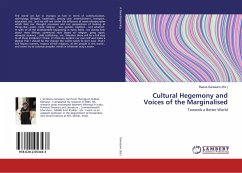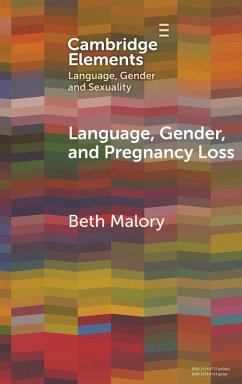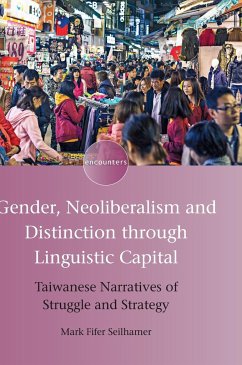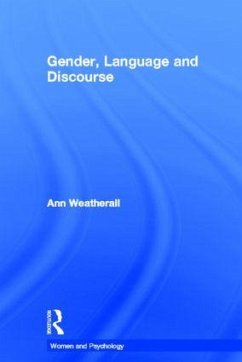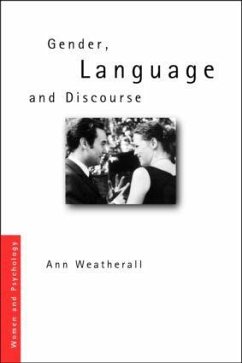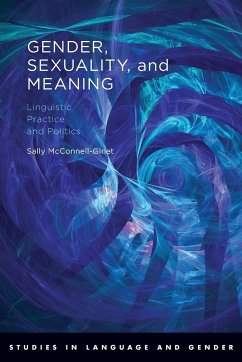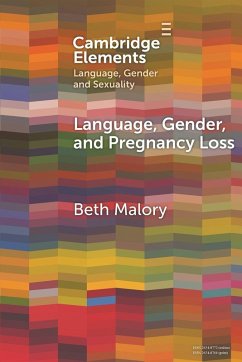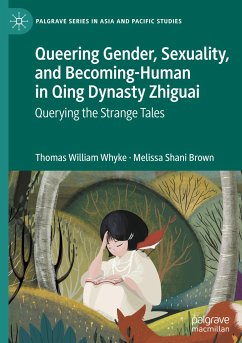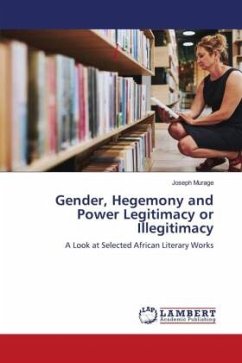
Gender, Hegemony and Power Legitimacy or Illegitimacy
A Look at Selected African Literary Works
Versandkostenfrei!
Versandfertig in 6-10 Tagen
29,99 €
inkl. MwSt.

PAYBACK Punkte
15 °P sammeln!
Scholars in African feminisms have tended to address the issue of patriarchy pitted against matriarchy but have left out questions regarding power and the legitimacy or illegitimacy of such power and hegemony in African fiction. This book seeks to demonstrate why and how characters in literary works legitimately or illegitimately control hegemonies and the language they use to acquire power legitimacy. The book is guided by Motherism, an accommodative version of West African Feminism, and Gynandarism, male writing that champions women's causes, as the theoretical approaches. The novels include...
Scholars in African feminisms have tended to address the issue of patriarchy pitted against matriarchy but have left out questions regarding power and the legitimacy or illegitimacy of such power and hegemony in African fiction. This book seeks to demonstrate why and how characters in literary works legitimately or illegitimately control hegemonies and the language they use to acquire power legitimacy. The book is guided by Motherism, an accommodative version of West African Feminism, and Gynandarism, male writing that champions women's causes, as the theoretical approaches. The novels included in the analysis are Mariama Ba's Scarlet Song, Nawal El Saadawi's God Dies by the Nile, and Assia Djebar's Fantasia: An Algerian Cavalcade, among other fictional and non-fictional works from Africa. The sampled works offer a panoramic view of the African literary landscape by both male and female authors and are representative of the established literary traditions in these regions. The book concludes that overt appearances of power, as found in literary texts, may be enervated by covert realities ensconced within discourses on power illegitimacy.





